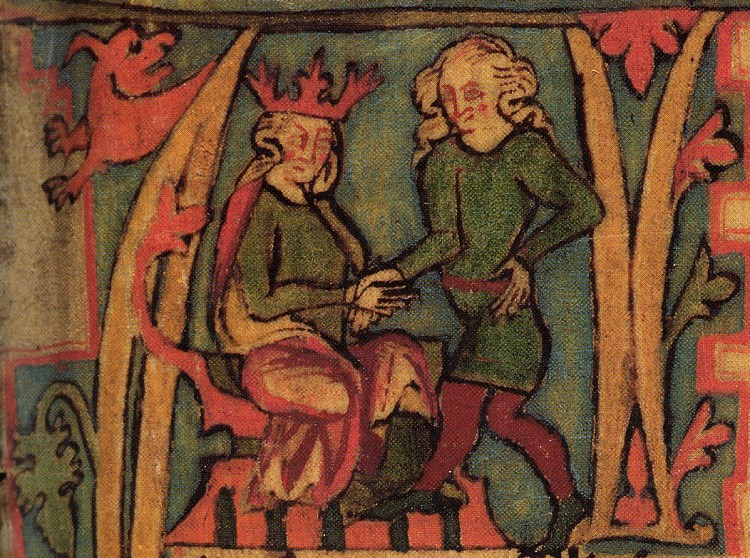I’m not qualified to judge the legal merits of the Supreme Court’s decision in the matter of Albert Snyder vs. Westboro Baptist Church today, but that won’t stop me from expressing my moral horror at what seems to me a deeply perverse and dangerous ruling.
World Magazine reports:
Chief Justice John Roberts wrote the majority opinion, concluding that under the First Amendment, even despicable speech is protected if it concerns a public matter. “A group of parishioners standing at the very spot where Westboro stood, holding signs that said ‘God Bless America’ and ‘God Loves You,’ would not have been subjected to liability,” he wrote. “It was what Westboro said that exposed it to tort damages.” But Roberts acknowledged that the speech itself was odious: “Westboro believes America is morally flawed; many Americans might feel the same about Westboro.”
The opinion noted that the case was decided based on the specific circumstances of Matthew Snyder’s funeral, and shouldn’t be construed as a broad ruling. Westboro protestors stood on a public sidewalk more than 1,000 feet from the funeral, complying with local laws. Albert Snyder reportedly only saw the tops of the signs at the funeral, and didn’t see what they said until afterward, meaning he wasn’t a “captive audience,” Roberts wrote, a condition for the court to restrict speech.
As a non-lawyer, what I see here is a symptom of a larger problem in American life. There seems to be a greater concern with satisfying “jot and tittle” legal points, than with doing justice. Jesus said, “You give a tenth of your spices—mint, dill and cummin. But you have neglected the more important matters of the law—justice, mercy and faithfulness.” (Matthew 23:23)
In order for society to work, the people need to believe, a) that the laws are for their protection, and b) that the people who administer the law are morally sane.
It seems to me this decision calls both principles into question.
I could find a bright side in this decision, if I wanted to. I could say, “Well, if the detestable expressions of Westboro Baptist Church are legally protected, my own politically incorrect speech is probably pretty safe.”
But I cannot feel that way.
I will not feel that way.
In any case, the protection of an insane legal system is not be relied on.
I wrote about “zero tolerance” rules a few days ago, how authorities are more and more enforcing rules without thought or sympathy, regardless of the harm it may do.
This decision looks to me like an instance of the same thing. They upheld the letter of the statute. They missed (I would contend) its purpose entirely.
Our judicial system, to all appearances, has utterly abandoned its mandate (which I consider a divine mandate) to restrain evil. It’s possible to nurture discussion and debate about the most radical and controversial issues, while still preventing people from purposely causing children to cry.
One of my favorite moments of drama in Scripture comes from the story of David. The prophet Nathan comes to the king, to confront him over his sins of adultery and murder. He engages the king’s emotions by telling a story about a rich man who, instead of killing one of the sheep out of his own vast flocks to feed a guest, steals a poor man’s only sheep, a family pet.
David burned with anger against the man and said to Nathan, “As surely as the Lord lives, the man who did this deserves to die! He must pay for that lamb four times over, because he did such a thing and had no pity.”
Then Nathan said to David, “You are the man!” (2 Samuel 12:5-7)
The members of Westboro Baptist Church have no pity. More and more in our culture, I fear, we are at the mercy of people who have no pity.
Like this:
Like Loading...
 Last night, my children were thinking about what they would give up for the next few weeks, and I tried to guide them. First, they were not instruct each other on what to give up. Second, Lent isn’t essentially about giving up stuff.
Last night, my children were thinking about what they would give up for the next few weeks, and I tried to guide them. First, they were not instruct each other on what to give up. Second, Lent isn’t essentially about giving up stuff.
